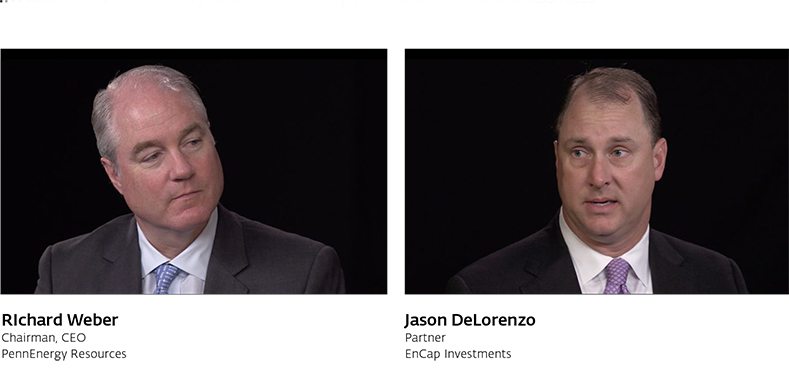Oil and Gas in Their DNA
Entrepreneurs who have found success in the oil and gas sector continue to invest in the space, because they understand the process, says RSM tax partner Charles Clines. But they have had to adapt to shifting capital structures.
Those who successfully invested in the oil and gas sectors early on are using their personal capital to fund new opportunities.
This is according to Charles Clines, a tax partner in RSM’s Houston office, with 30 years of experience in the investment services industry. “The longer the family history is in oil and gas, the more they believe in the industry,” he says. “They understand oil and gas. It’s part of their DNA.”

Clines says that RSM has worked with clients on deals where an E&P company will approach the client to negotiate a drilling program on their land. In the past the landowner would take only a royalty interest, and now more clients are willing to participate with the E&P company on a working interest basis. The third-party capital will be used for the first portion of exploration and production activity, for example, and then the landowner will “put his capital to work on a side-by-side basis.
The capital structures used for these sorts of investments have shifted in recent years. In the past, Clines says, if a company was coming in to work a deal, the promoter or operator received the financial benefits along with the owner of the property where the minerals were produced. There weren’t a lot of management fees and if the play on the property did well, everyone did well on a side-by-side basis.
Now, Clines says, those structures are more private equity-like, with participation on the upside along with management fees and other financial benefits to the promoter.
The main question he fields questions about from oil and gas entrepreneurs is about management teams. “That is what investors are really looking for,” Clines says. “Entrepreneurs are asking, time and time again, ‘Who is the management? Who is driving the show?’ They want to know if the team has a track record.”
Generally, in a private equity deal, a firm will invest in a business and bring in a management team they have worked with in the past, but Clines says this traditionally hasn’t happened in the exploration side of oil and gas investment. Now, in areas such as the Eagle Ford shale formation in south Texas, the size of the opportunity, and therefore amount of capital committed there, means “we are seeing a lot of people focus on the quality of management.”
The deal market has become incredibly competitive, he says, and there’s increasingly significant capital at work. In addition to this, dealing with landowners has become trickier for those management teams.
“Small missteps can have big consequences,” Clines says. “Landowners are a lot more savvy about the deals they’re entering into. They’re not as quick to cede all control to the driller.”
Entrepreneurs who have found success in the oil and gas sector continue to invest in the space, because they understand the process, says RSM tax partner Charles Clines. But they have had to adapt to shifting capital structures.
